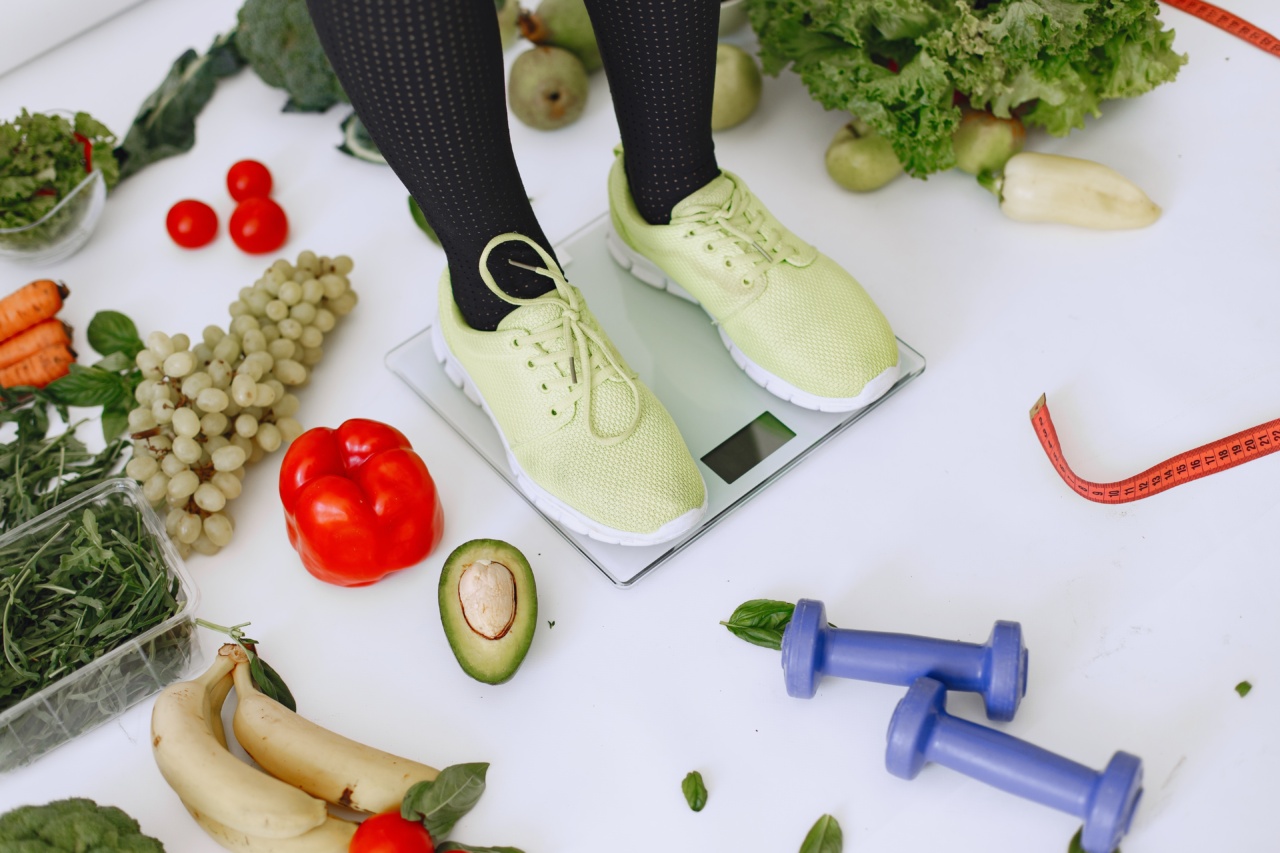Losing weight is an intricate process – from the type of food that you eat to the amount that you consume, everything plays a crucial role in determining your weight loss goals.
While some foods help in losing weight, others can hinder the process by adding extra calories to your meal and slowing down your metabolism, making it difficult to lose weight. Out of the vast array of food choices, we have rounded up the top ten foods that hold you back from your weight loss goals.
1. Sugary Beverages
Sugar-sweetened beverages such as soda, energy drinks, and sports drinks have been linked to weight gain and obesity.
These sugary drinks contain empty calories that do not provide feelings of fullness, making it easy to consume excess calories without realizing it. Choose water, unsweetened tea, or coffee instead of sugar-laden drinks.
2. Processed Foods
Processed foods such as white bread, pastries, chips, and candy are high in calories, unhealthy fats, sugar, and salt.
They often lack essential nutrients that the body needs to function correctly and can cause various health problems, including weight gain. Stick to whole foods like fruits, vegetables, lean proteins, and healthy fats for a well-balanced diet.
3. Fried Foods
Fried foods like french fries, fried chicken, and fast food are often high in calories, unhealthy fats, and added salt. They also lack essential nutrients and can lead to weight gain and other related health problems.
Instead, choose grilled, baked, or broiled options for better weight loss results.
4. High Calorie Coffee Drinks
Coffee drinks that have added syrups, whipped cream, and accompanying pastries tend to have many calories without providing any nutritional value. Instead, stick to black coffee or drink it with a small amount of milk or non-dairy milk alternatives.
5. Processed Meats
Processed meats such as sausage, bacon, and salami are high in unhealthy fats, sodium, and calories. They can also increase the risk of heart disease, diabetes, and other health problems.
Include lean protein sources such as chicken, fish, beans, and tofu into your diet instead.
6. Full-Fat Dairy
While dairy products provide calcium and other essential nutrients, full-fat dairy products can hinder weight loss goals. Dairy products that are high in fat can be calorie-dense and, if consumed in excess, can add fat stores to the body.
Choose low-fat or nonfat dairy products to make a significant difference in your weight loss journey.
7. Alcohol
Alcohol, like sugary beverages, provides empty calories that do not provide feelings of fullness or nutrients. Alcohol can also reduce inhibitions and promote overeating, leading to weight gain and hindering weight loss goals.
If you want to enjoy alcohol, stick to low-calorie options and limit your intake.
8. High-Sugar Breakfast Cereals
Breakfast cereals that are high in sugar provide empty calories and a rush of energy that can cause a mid-morning crash and increased cravings.
Instead, choose low-sugar, high-fiber cereals or make your breakfast with whole foods for long-lasting energy and fullness.
9. Granola Bars
Granola bars are often marketed as healthy snacks, but they can be calorie-dense and high in sugar. Some bars are smaller in size, while others are larger, and both can vary significantly in calorie counts.
Look for bars with low sugar and calorie counts, and if possible, make your snacks with whole foods for added control over your food choices.
10. Ice Cream
Ice cream, like other desserts, is high in sugar and calories and can hinder weight loss goals.
Eating an entire pint of ice cream can provide 1000 or more calories, making it essential to practice portion control and limit consumption to prevent overeating.






























